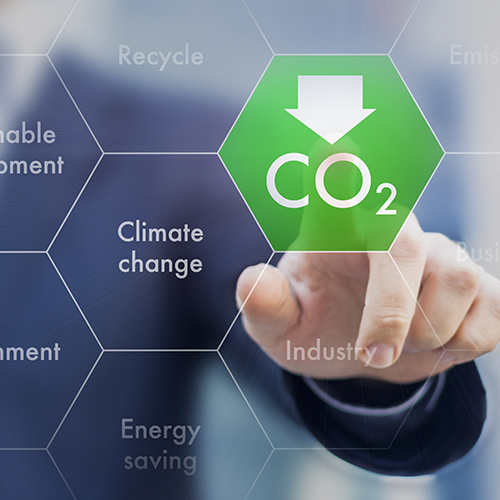
Publication in Nature Climate Change
Every country must have a long-term strategy for climate change, otherwise the Paris pledges will come to nothing — the Deep Decarbonization Pathways (DDP) network proposes a handbook to build their strategies.
The DDP network publishes a paper in Nature Climate Change showing how the research it has undertaken can help organize cross-society debates about climate change, take decisions to align countries’ actions with climate science, and build public support for the policies and measures needed.
The Deep Decarbonization Pathways (DDP) is a group of research teams formed in 2014 to build and discuss national long-term strategies compatible with ambitious climate objectives. It operates today in almost 40 countries, under the coordination of the Institute for Sustainable Development and International Relations (IDDRI.org).
Henri Waisman, lead for DDP initiative at IDDRI, first author of the paper, says: “In all the countries we have analysed, we have demonstrated that it is possible to achieve “deep decarbonization” by 2050, and to do so in a way that meets each country’s socio-economic priorities. Based on lessons learnt from this scientific work, this paper describes our framework for pathway design, which could be widely adopted by countries developing their strategies to meet global climate goals.”
The DDP research responds to the new policy making agenda set out in the Paris Climate Agreement which requires countries to formulate “long-term low greenhouse gas emission development strategies” (cf. Art 4.19) consistent with global greenhouse gas emission neutrality as early as possible in the second half of the 21st century. The DDP pathway design framework ensures that these strategies reflect country circumstances and national development objectives and can be useful for stakeholder and policy engagement.
Laurence Tubiana, CEO of the European Climate Foundation, said: “The Deep Decarbonization Pathways teams have done a remarkable job ahead of the Paris Agreement and since then, showing the opportunities of a low-carbon future for individual countries and highlighting the value of international cooperation”.
For Valérie Masson-Delmotte, IPCC co-chair: “The work of the Deep Decarbonization Pathways network complements and reinforces the assessment of the IPCC Special report on “Global Warming of 1.5°C”. It shows how to build concretely, in different national contexts, strategies towards zero emissions that go hand-in-hand with sustainable development.”
How can each country, region, city or private firm justify that their existing emissions mitigation targets, strategies and actions are “aligned with climate science”? How should each dimension of the society transform and how do these transformations interact with each other? What actions and policies should be implemented immediately in order to trigger the required transformations over time? Under which conditions can deep decarbonization support the sustainable development agenda and be aligned with socio-economic priorities, as self-defined by countries, regions and cities? The DDP approach can provide a basis for societies to debate all these fundamental questions, for reaching a shared assessment about the targets and policies that are truly aligned with the science of climate change and therefore for responding to the call for concrete and efficient climate action.
Access to the paper, on Nature Climate Change website HERE.



